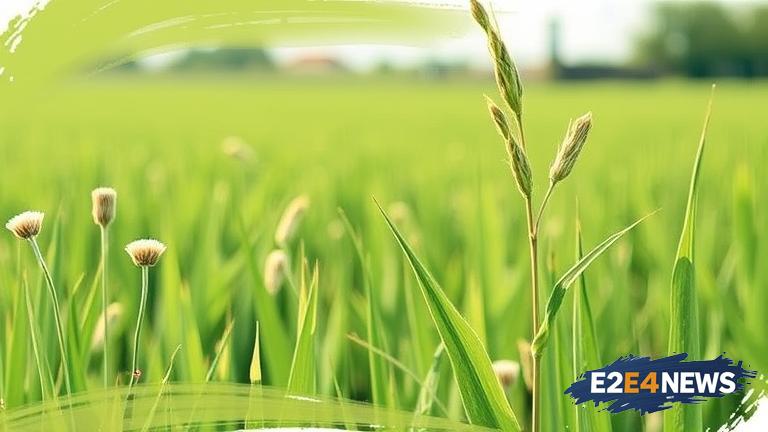WeedSmart Week is an annual event that aims to educate farmers and agricultural professionals on the latest techniques and technologies for managing weeds in crops. This year’s event featured a range of expert speakers who shared their insights and experiences on effective weed management strategies. From the paddock to the shed, and even from CBH, experts emphasized the need for an integrated approach to weed management, combining cultural, chemical, and mechanical methods to achieve optimal results. One of the key takeaways from the event was the importance of understanding the biology and ecology of weeds, in order to develop targeted and effective control strategies. Speakers also highlighted the role of technology, such as precision agriculture and drones, in enhancing weed management practices. Additionally, the event showcased innovative solutions, including new herbicides and other products, designed to help farmers tackle weed problems. The impact of weeds on crop yields and quality was also discussed, with experts emphasizing the need for proactive and preventative approaches to minimize losses. Furthermore, the event touched on the importance of collaboration and knowledge-sharing among farmers, researchers, and industry professionals, in order to stay ahead of the evolving weed landscape. CBH, a major grain handler, also shared its perspective on the impact of weeds on grain quality and the importance of effective weed management in maintaining market access. The event also included discussions on the role of cover crops, crop rotation, and other conservation agriculture practices in reducing weed pressure. Overall, WeedSmart Week provided a valuable platform for knowledge-sharing and networking among agricultural professionals, with a focus on promoting best practices and innovative solutions for effective weed management. The event highlighted the complexity of weed management and the need for a multi-faceted approach, taking into account factors such as soil health, climate, and crop type. By bringing together experts from various fields, WeedSmart Week aimed to equip farmers and agricultural professionals with the knowledge and tools needed to tackle the ongoing challenge of weeds in crops. The event also emphasized the importance of ongoing research and development in weed management, in order to stay ahead of the evolving weed landscape and to develop new and innovative solutions. In addition, the event provided a unique opportunity for farmers and industry professionals to share their experiences and insights, highlighting the importance of collaboration and knowledge-sharing in addressing the complex issue of weed management. The use of technology, such as drones and precision agriculture, was also highlighted as a key area of innovation in weed management, with the potential to enhance efficiency and effectiveness. Moreover, the event discussed the importance of integrated pest management (IPM) strategies, which combine physical, cultural, biological, and chemical controls to manage weeds and other pests. The role of government policies and regulations in shaping weed management practices was also touched on, with experts emphasizing the need for supportive policies and regulations to encourage the adoption of best practices. In conclusion, WeedSmart Week provided a comprehensive overview of the latest developments and innovations in weed management, highlighting the importance of an integrated approach and the need for ongoing research and development. The event demonstrated the value of collaboration and knowledge-sharing among agricultural professionals, and the importance of staying up-to-date with the latest techniques and technologies in order to effectively manage weeds in crops.
